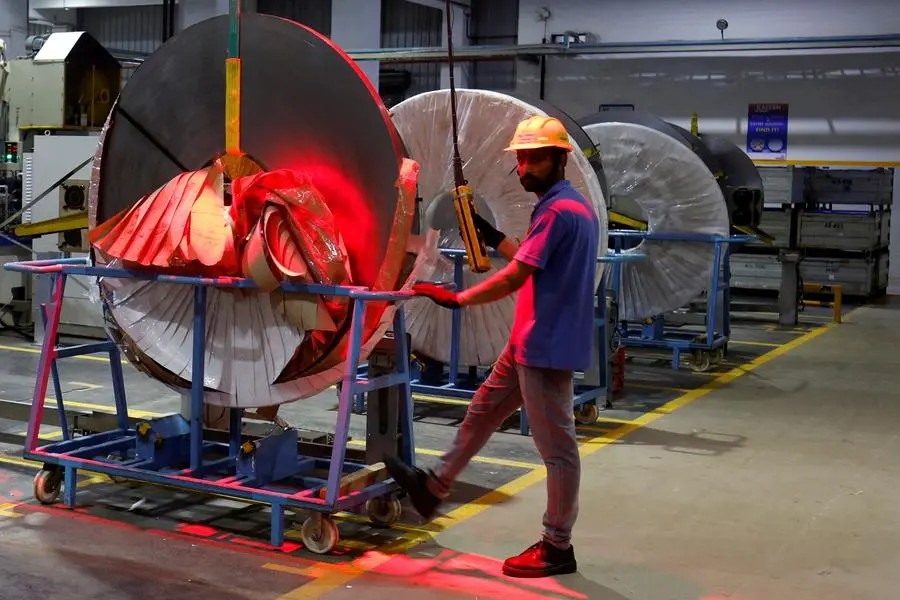PHOTO
India's ministry of steel is against limiting imports of low ash metallurgical coke, a steelmaking ingredient, according to a source familiar with the matter and a government note, in a potential blow for local producers of the raw material.
After complaints from local producers about rising imports since 2019/20, India's Directorate General of Trade Remedies (DGTR), which comes under the trade ministry, in April backed capping imports of low ash metallurgical coke at 2.85 million metric tons for one year.
The final decision will be made by the commerce ministry, which did not immediately respond to an email seeking comment.
The steel ministry is against curbing imports of the raw material because of strong domestic demand and concerns about the quality of local production, according to the source and note reviewed by Reuters.
China, Indonesia and Poland are the top suppliers of metallurgical coke to India.
Imports of low ash metallurgical coke by India, the world's second-biggest crude steel producer, have surged more than 61% over the past four years.
"The domestic merchant producers of coke are not fully capable of meeting the demand of met (metallurgical) coke of the country ... particularly on quality grounds," Nagendra Nath Sinha, the ministry of steel's top civil servant, said in a letter to the trade ministry.
"The acceptance of DGTR's recommendations will cause disruption in the supply chain, the production and the supplies to the downstream customers of steel industry," Sinha said in the letter dated May 29.
Import restrictions could raise costs and hurt smaller steel producers, the letter added.
The ministry of steel did not respond to a Reuters email seeking comment.
Steel producers oppose import curbs on low ash metallurgical coke because they would push up steel prices, said a senior executive at a big steel mill. He didn't wish to be named as he is not authorised to talk to the media.
Import restrictions would also jack up prices of coking coal, used to make metallurgical coke, he said. (Reporting by Neha Arora; Editing by Mayank Bhardwaj and Mark Potter)





















